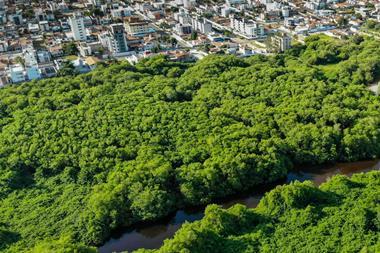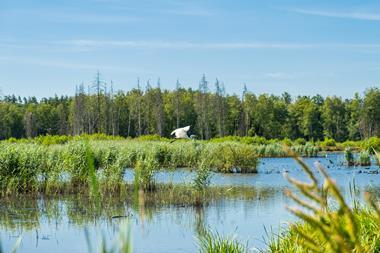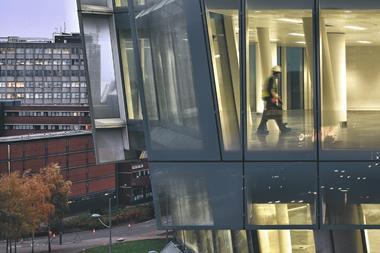UK - CBRE is to incorporate sustainability into its UK property valuations in a bid to generate an evidence base for the mooted 'green premium'.
Launching a 'sustainability checklist' this week, CBRE said the profession needed to "address whether (and if so, how) to reflect the commercial benefits in appraisals" - although it acknowledged that, as a profession, valuers were unlikely to do so until they saw evidence of a "material influence".
In a note published this week, CBRE pointed out that sustainability had "become something of a catch-all, encompassing everything from carbon neutrality to landscaping to using timber from FSC-certified sources".
In contrast, it cited its clients' "benefit-led approach" focusing primarily on reduced energy costs.
John Symes-Thompson, senior director for valuation and advisory services for the UK, said: "In theory, sustainability should result in increased rental values and reduced voids, which would impact capital values, but that seems to be the case only in certain scenarios such as central business districts.
"In the UK, there's no evidence base - that's the issue."
The six-point "commonsense" checklist - incorporating data on quality, accessibility, energy efficiency, flooding, waste and water efficiency - will initially target a statistically significant sample of 15,000 properties collectively worth £100bn (€116.2bn).
Although Symes-Thompson said it would take 2-3 years before most existing buildings were assessed, the checklist would at least partially plug the existing gap in asset data.
"Most of the emphasis is on new buildings, and existing stock has been left behind," he said.
"Fund managers are aware of the issue, and we're helping it along in a systematic way."
However, CBRE remained cautious about the likely short-term impact of newly available data on values.
It added: "Our expectation is that, for the foreseeable future, a building's sustainability rating will not lead to automatic percentage changes."











